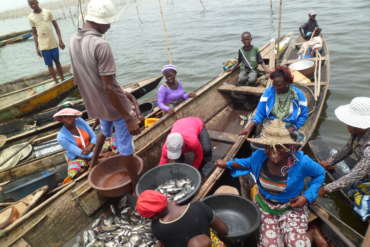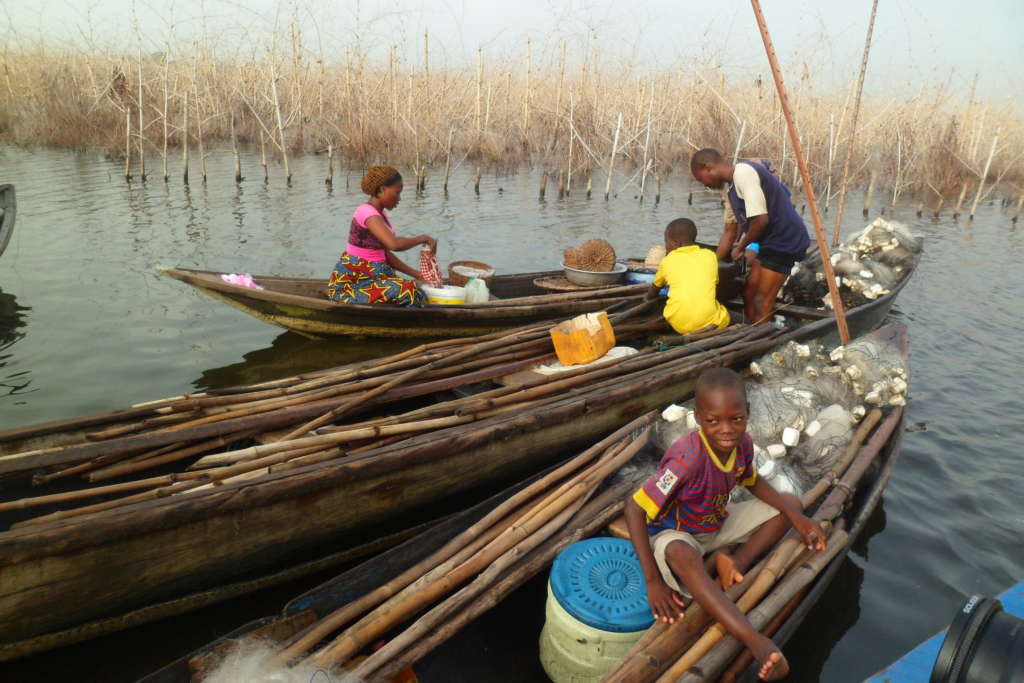Women occupy pivotal positions in the value chain of inland fishery activities in the Global South. Being responsible for processing and marketing, women largely determine the value of the catch and income status of small-scale fisher families.
Benin is no exception; approximately 40 000 women are employed in the inland fishery sector with buying and selling fish as their main activities. Yet, the inland fishery sector is still dominated by men, which weakens the position of women, with far-reaching consequences for their economic position, safety and food security. Calls for targeted policies that support women in their inland fishery activities are, therefore, justified. Yet, women active in the inland fishery are much under researched and gender-specific information is missing to support informed decision-making.
This study addresses this paucity of information by surveying 227 women active in the inland fishery sector near Lake Nokoué and Lagoon of Porto-Novo. Their answers reveal information on household and fishery-related activities as well as constraints to their personal development. Some salient details came to the fore. Illiteracy is high, and activities in the fishery sector mainly concentrate on buying fish directly from fishermen and selling at markets.



